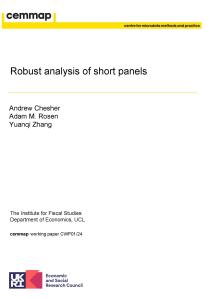Understanding whether and how connections between agents (networks) such as declared friendships in classrooms, transactions between firms, and extended family connections, influence their socio-economic outcomes has been a growing area of research within economics. Early methods developed to identify these social effects assumed that networks had formed exogenously, and were perfectly observed, both of which are unlikely to hold in practice. A more recent literature, both within economics and in other disciplines, develops methods that relax these assumptions. This paper reviews that literature. It starts by providing a general econometric framework for linear models of social effects, and illustrates how network endogeneity and missing data on the network complicate identification of social effects. Thereafter, it discusses methods for overcoming the problems caused by endogenous formation of networks. Finally, it outlines the stark consequences of missing data on measures of the network, and regression parameters, before describing potential solutions.









